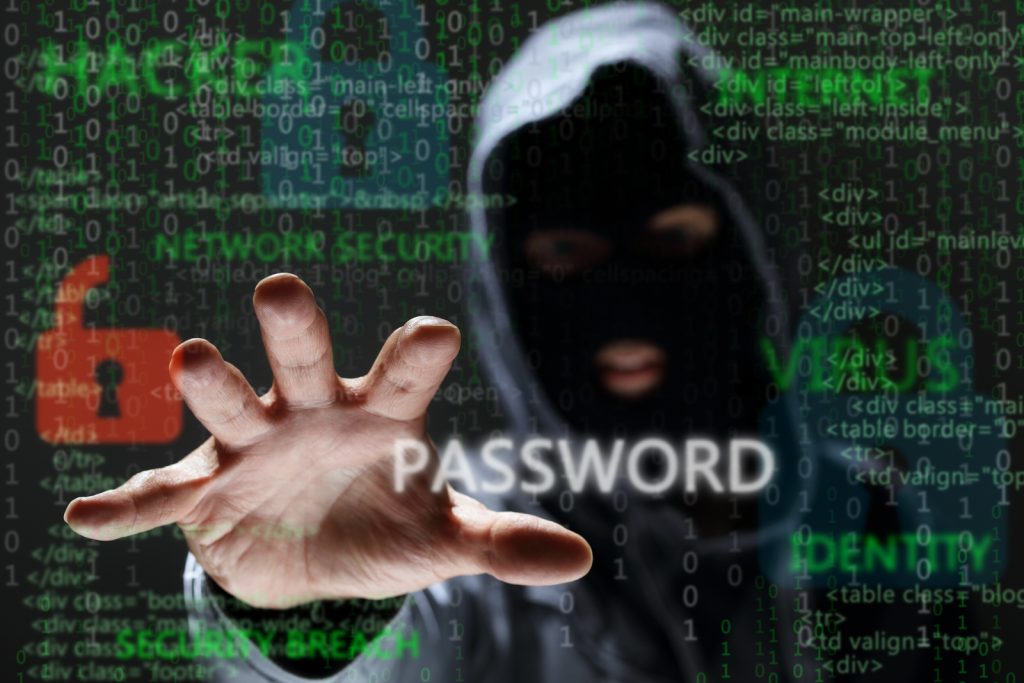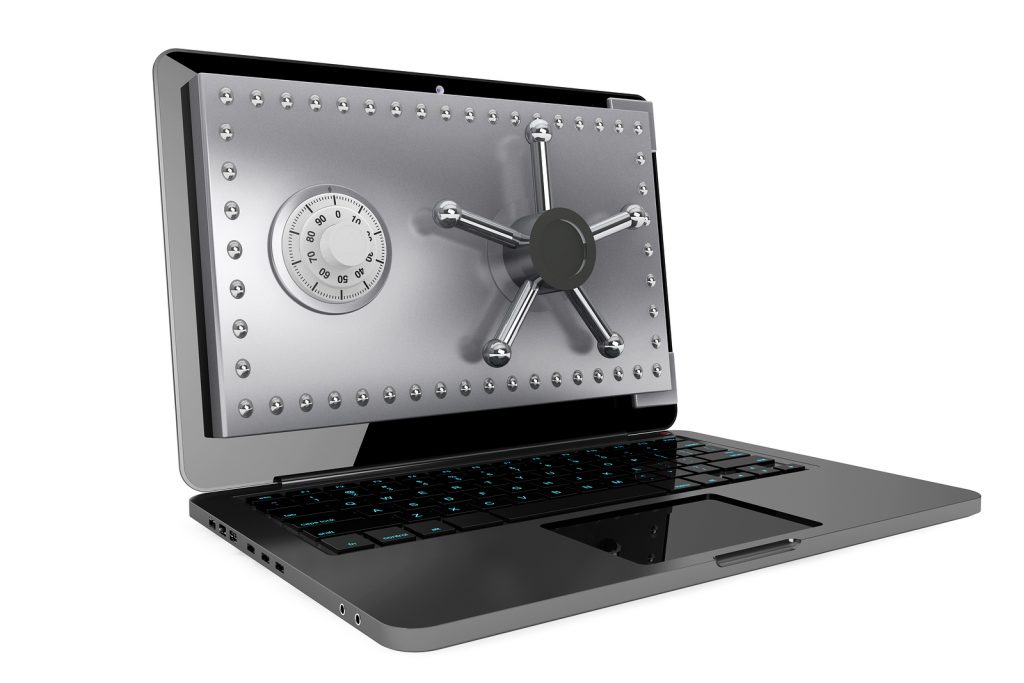Today, we live our lives online. That being said, it seems computer security is not as much of a priority as it should be. As technology has advanced, so too have the minds of thieves. They’ve realized that the most lucrative way to rob someone is to do it without them noticing.
A missing credit or debit card raises a gigantic alarm. A phished username and password or a hacked social media account takes a bit longer to notice, and can have a subtly fatal outcome. You need to protect yourself. To ensure your computer security, follow these password safety tips:
Make Complicated Passwords
The more complicated your password, the harder it is for a thief to figure out. Most websites now try to ensure a user’s safety, and so they make certain requirements that the password must meet in order to qualify. For instance, a website may make you involve a capital letter, number, and symbol in your password, and the length may need to meet a minimum number of characters. These special characteristics help diversify passwords, but sometimes they’re not enough.

For instance, all someone needs to do is look you up on Facebook or Instagram, and they may be able to access information about you, like the names of your pets, significant others, family members, etc. Many people use names like these to create their passwords.
Thus, it’s better to employ various special characters, numbers, and capitals. Make your password as complicated as possible, and consider making it unrelated to anything personal in your life.
Enable 2-Factor Authentication
To give your account a further level of protection, enable 2-Factor Authentication, or 2FA, where applicable. 2FA makes signing in to your account a two-step process by combining two different methods of authentication. For example, after entering your password for your account, a code will then be send to your phone via text message. You must enter that code on your computer in order to complete your sign-in. The code is one-time use, and it’s only valid for a limited amount of time. The idea behind this is that someone would not only need to know your password but also have access to your phone.
The code is one-time use, and it’s only valid for a limited amount of time. The idea behind this is that someone would not only need to know your password but also have access to your phone.
If they can’t enter the code, their access to your account is denied. You’ll generally be notified of the failed attempt to sign in. The added step may seem inconvenient at first, but it’s worth it for the additional security it gives your accounts.
Don’t Use the Same Password for Everything
Think of your various online accounts as different safety deposit boxes, each containing information about you. Your password for each of these boxes is the same as a key. Now imagine you made it so that each box can be accessed by the same key. So, the key you use to get into a box that contains your childhood toys and old school yearbooks is the same key you use to get your money and jewelry. This is essentially the equivalent of using the same password for multiple accounts.
You’re doing yourself a disservice by using the same password multiple times. The website for your email or your bank may be secure and encrypted, however not all websites apply the same security standards. For instance, say your username and password for some online chat forum become compromised. If you use that same password for your online bank account, you could be in trouble. The hacker doesn’t need to break through the difficult security measures on the bank’s website. They can just log right in and all of your information is sitting right there.

For Maximum Computer Security, Consider a Password Manager
So, now you know that not only do you need to have complicated passwords, but they should also be different for every online account you have. How is one person supposed to remember all these different, complex passwords?
If you want to take your computer security to the next level, there are several password managers on the market to help you. Many password managers will generate a unique password for all your different accounts, and then it will store all of them like a vault. You need only remember the password to your vault, and the password manager will do the rest. It can autofill your log-in information, or you can open it to see all your different accounts. Five of the most popular password managers can be found here.
Taking these simple steps to create safer passwords can go a long way to ensuring your computer safety. However, the experienced team at Bay Computing and Consulting Services can help if you suspect that your computer security has been compromised. We offer a full range of services to help keep your business technology running. Contact us today.